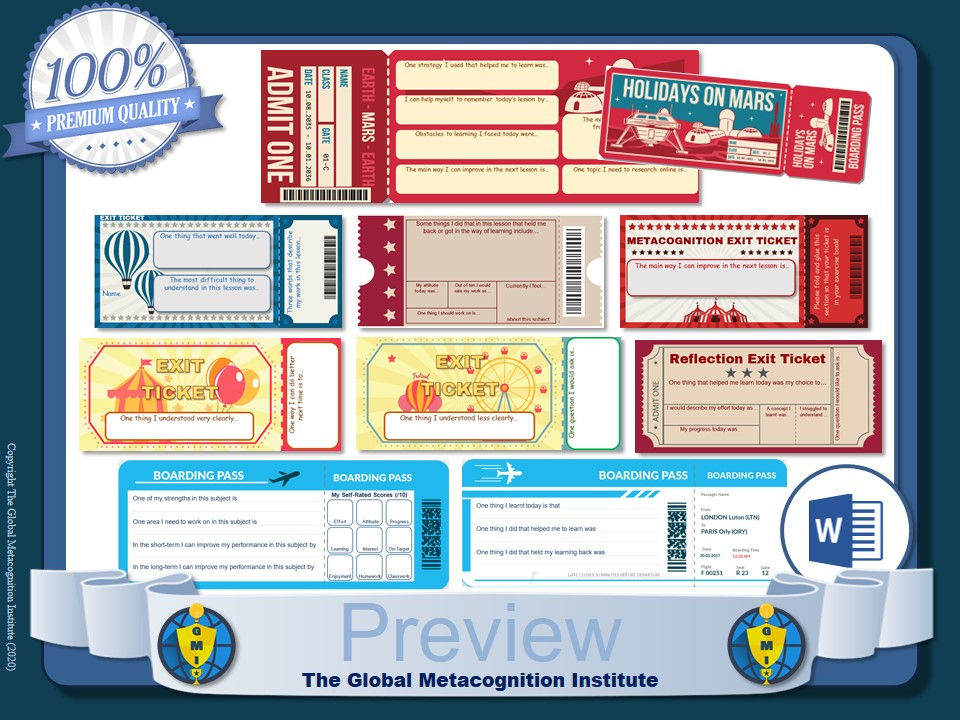This month's CPD video focuses on motivation, self-regulation and learning how students can learn more effectively by using metacognitive strategies and was presented by Heidi Ashton at TEDxYouth@LBIS. Each month we link to a carefully selected lecture, presentation or documentary in order to help educators develop professionally; accompanying each video is a selection of metacognitive questions designed to help you get more from the video.
Using metacognitive reflection questions before and after the videos you show your students is a straightforward way to foster metacognitive reflection. By engaging with the metacognitive questions below you can see for yourself how useful they are in helping to increase learning power!
For each question take a moment to think about the answer. When using this exercise in lessons it is best to use some form of ‘think, pair, share’ approach so that students share their reflections with the group – thus helping to ensure engagement.
Pre-Video Metacognitive Questions…
1. What can I do in order to learn as much as possible from this video?
2. What can I do in order to remember that learning in the long-term?
3. What are some common obstacles that prevent me learning as much as possible from educational videos?
This Month's CPD Video
Post-Video Metacognitive Questions
1. What did I do that reduced the extent to which I learnt in that video?
2. How can I improve my own style of engaging with educational videos?
3. How can I translate my learning from this video into my practice?
Further Reflection Questions
What specific metacognitive strategies did you learn about in that seminar?
What is one significant benefit/advantage that can be derived from metacogntive teaching strategies?
What's one tip you'd like to share with other teachers when it comes to metacognition and self-regulated learning?
How to Use Metacognitive Questions With Videos in Your Lessons
Using metacognitive question prompts at the start, middle and end of a video or documentary you show students in lessons activates each stage of the self-regulation cycle: planning, monitoring, evaluating and regulating.
We’ve created a simple PowerPoint tool that will facilitate your delivery of metacognitive questions in lessons whenever you use a video: regardless of the school subject or videos topic. It allows you to instantly generate metacognitive questions for each stage of the metacognition process using an integrated menu:

Student are then presented with one of thirty-six slides like the ones depicted below, each contained 3 of 108 questions aiming to trigger metacognitive reflection, awareness and knowledge:
You can download a free sample of the resource here – it’s perfectly easy to use in your lessons and requires no preparation. The demo version contains 6/36 slides (18/108 questions).
The full version contains the complete array of 108 questions and access to all 36 slides: this makes the resource almost infinitely reusable. Furthermore, unlike the demo version, the full version is fully editable so that teachers can add their own metacognitive questions. Click here to download the full version. If you are a membership plan holder please visit the Members Area to download it for free.
All in all, this is a great way to bring metacognition into your lessons: one final benefit to consider is that the young people you work with have a life-time of learning from videos ahead of them – the metacognitive skills you develop in them by using this resource (or simply using your own metacognitive questions in lessons) will serve them for the rest of their lives.

























































Comments